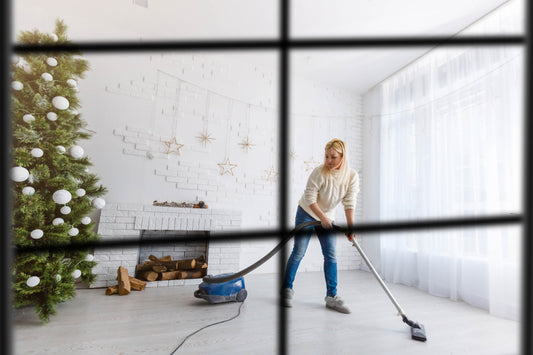
We’re soon coming into March, which just so happens to be B Corp month in the UK.
When we launched Seep last year, it was important for us to build a better sort of business right from the start, so we pledged to be a B Corp and are now officially B Corp Pending. But what does B Corp mean? And what even is a B Corp? We see the logos strewn across some of our favourite brands’ websites, but knowing exactly what it means for them (and for us) can help you make a decision on who to buy from.
B Corp Meaning
B Corp sets the gold bar of which companies really are not only talking the talk, but walking to walk. In the UK look on your pack of Clipper Tea, Pip & Nut, Lily’s Kitchen, Patagonia and Abel & Cole to find those B Corp logos. There are lots of service businesses too that have become B Corp certified.
The B in B corp is definitely up to your own interpretation. We read our favourite interpretation of the B on SimplyBusiness.co.uk. They spoke to the Community Manager for B Corp UK who said her favourite interpretation came from Ghandi - “Be the change you wish to see in the world.”
OK, so what actually is a B Corp? B Corp companies have to have met the highest standards of verified social and environmental performance. In other words, B Corp companies have to prove that they care about their people and our planet as much as profit.
Becoming a certified B Corporation also means the company is legally required to consider all implications their business may have on workers, customers, community and the planet.
Basically, if you see a B Corp company, it means they have pledged and have demonstrated to the B Corp assessors that they’re using their business to enact positive change in the world. It is not an easy task.
How does a business become a B Corp?
Becoming B Corp certified means a business needs to be totally transparent about their operations and are held to a crazy high standard - as they should be.
To date, just over 2500 companies across 60 countries have become B Corp certified and the community is growing really quickly. To even be considered, each applicant is assessed on the following criteria:
- Environmental impact of the business
- Treatment of workers and customers
- Everyday business practices
- Transparency
- Future goals
Companies are then given an “impact score” and must achieve a score of 80 or higher to become B Corp certified, pledging to do more to improve their score each year. This doesn’t mean that they’re all perfect but they are walking the talk and quite rightly should elevate their credibility in the eyes of conscious consumers.
What does this mean for Seep?
As a new business in the first year of operations, a company can apply for something called B Corp Pending status which is what we’ve done at Seep. This means that we have updated our legal documents to ensure we must consider people and planet as well as profit. We also have completed our first assessment of our business against each of the criteria above. We now have 12 months to deliver all of the things we’ve committed to doing, it’s a bit of a daunting task.
The key areas for us are
- Engage with our customers and key players in the not-for-profit sector to increase awareness for more sustainable options in everyday household products
- Establish fair and transparent ways working and conditions for our growing team
- Increase visibility into our supply chain and commit to further improving the raw materials and processes being used
- Source more locally where possible
In 1 year, the B Corp assessment team will audit us and if they see that we’ve managed to pass the hurdle rate of the assessment, we will be joining the lofty ranks of the UK B Corp community 😅 🎉.
This step is important for Seep because we want to hold ourselves accountable to higher standards of business practice. We hope that the B Corp logo will also help guide our community in making better shopping choices too.






